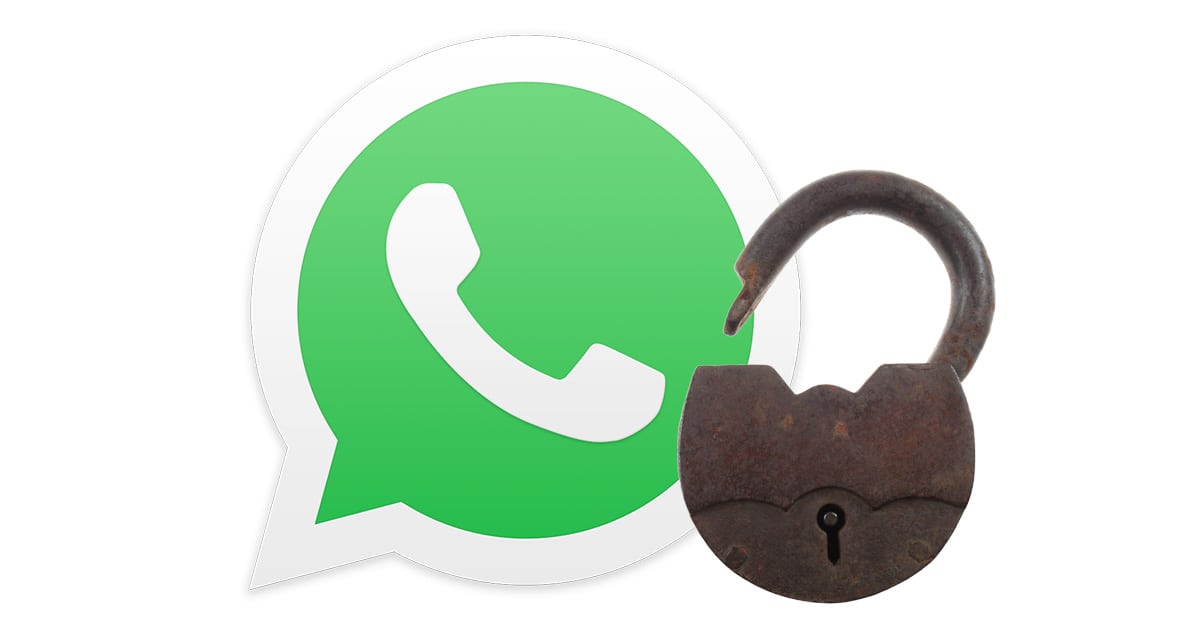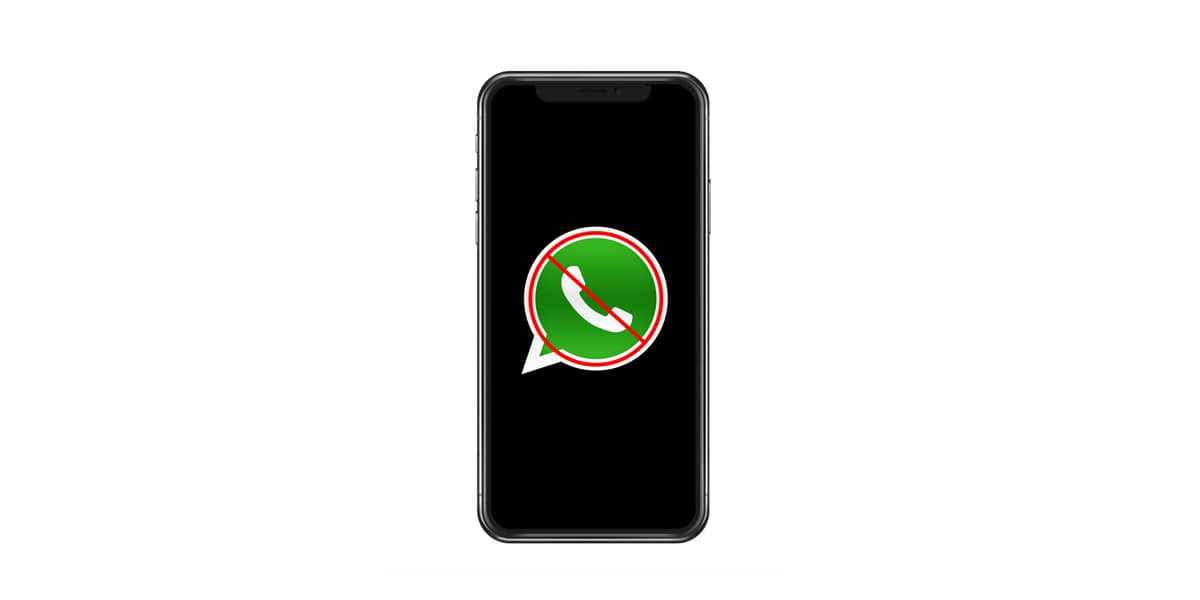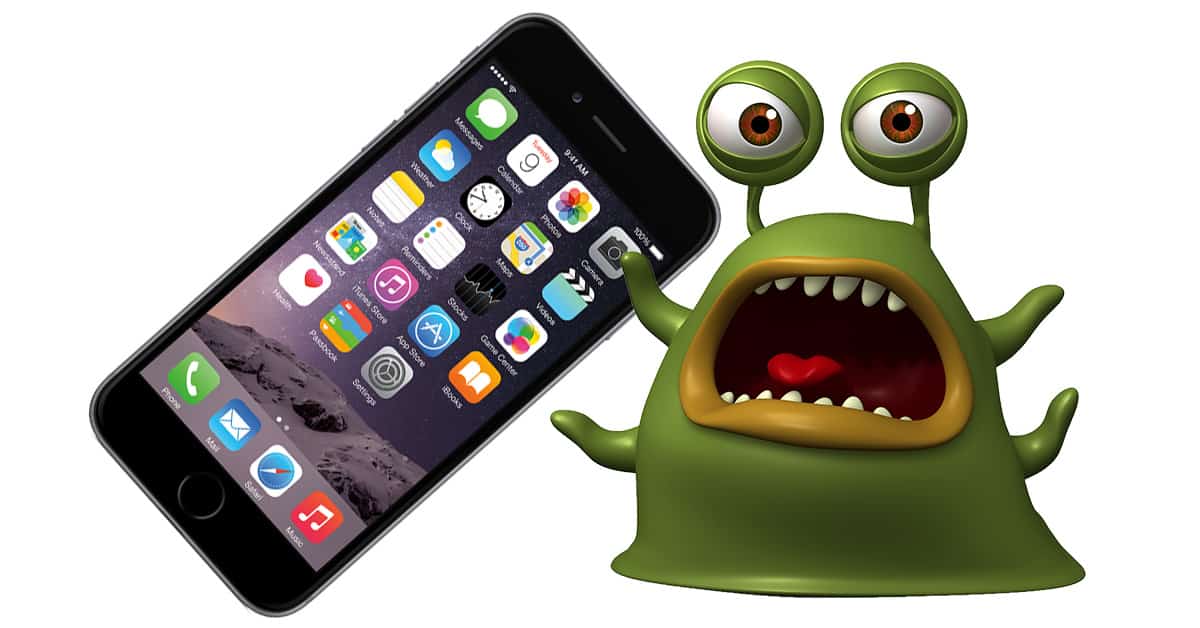WhatsApp finally gave users the ability to send that message that disappear after a certain period of time. As The Guardian noted, it’s something of a shift for the Facebook-owned app.
Unlike some competitors, such as the secure messaging app Signal, WhatsApp, which is owned by Facebook, decided against offering flexibility to users. There is no option to change the length of time messages are stored, for instance; and the service also removes images and videos sent. “We’re starting with seven days because we think it offers peace of mind that conversations aren’t permanent, while remaining practical so you don’t forget what you were chatting about,” the company says in a blogpost. “The shopping list or store address you received a few days ago will be there while you need it, and then disappear after you don’t. “While it’s great to hold on to memories from friends and family, most of what we send doesn’t need to be everlasting. Our goal is to make conversations on WhatsApp feel as close to in-person as possible, which means they shouldn’t have to stick around forever.”









